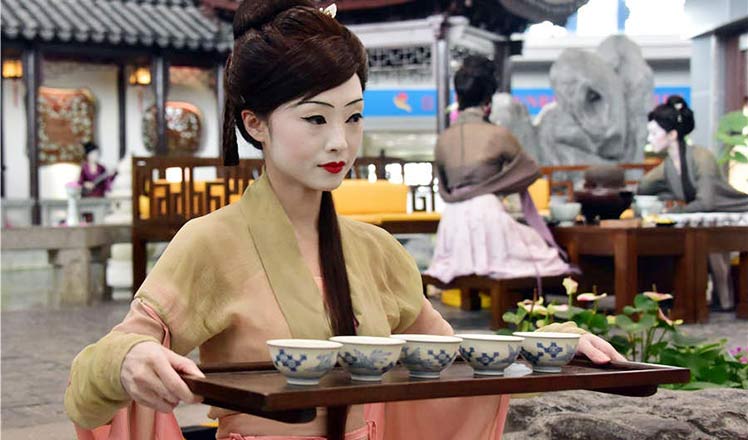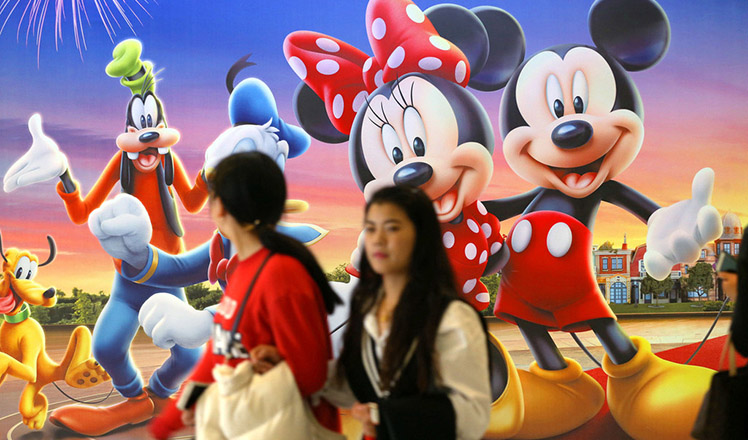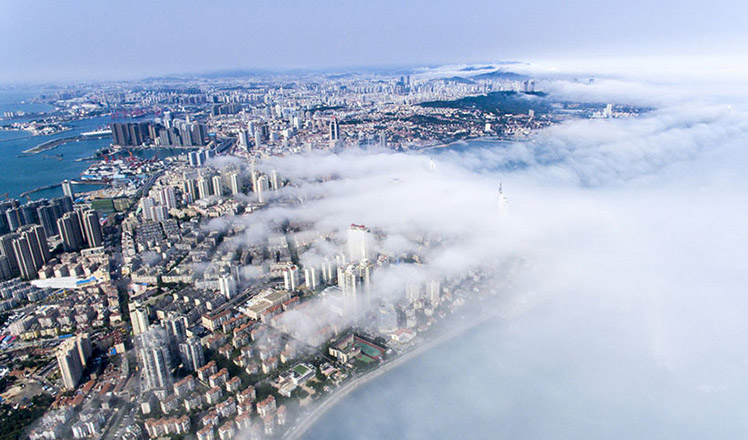More moola for a Starbucks java
Updated: 2016-06-24 23:32
By XU JUNQIAN in Shanghai(China Daily USA)
|
||||||||
Chinese fans of Starbucks coffee may now have to pay more for their brews, but industry insiders said the latest price hike is unlikely to affect consumption habits in the company’s largest overseas market.
Starbucks on June 16 started charging 1 yuan ($0.15) to 2 yuan more for some of its drinks across its 2,100 outlets in the Chinese mainland, marking its first price hike in China since 2012.
On Sina Weibo, China’s most popular social networking platform, the price hike has sparked more than 2,300 discussions and 4.47 million views.
“It’s like the rain. You complain about it but you will still live with it,” read one post.
According to a statement issued by the Seattle-headquartered coffee chain, the company suggested that the hike is due to the strengthening of investments in areas such as coffee, food, store design, employee development, customer experience and digital innovations.
However, Wang Zhendong, chief officer of the Coffee Exchange Center in Shanghai, believes that the main reason is the soaring rental rates across the country. He broke down the booming coffee market in China into three categories: coffee chains like Starbucks which mainly attract urbanites, individual cafes emphasizing on quality and selective beans as well as convenient stores and fast food chains that offer affordable coffee.
“The first type remains the most dominant, while the third should have the most potential for further robust growth,” said Wang.
Consultancy firm Euromonitor estimated that Starbucks had a 73.3 percent market share in China in 2015, compared to McCafe’s (run by McDonald’s) 9.3 percent and Costa Coffee’s 9 percent.
“The unparalleled dominance enjoyed by Starbucks has kind of qualified the brand to raise the price without losing customers, as its major clientele, aged 30 to 35, are not that price sensitive and would not bother to walk extra miles just to save 1 to 2 yuan on coffee,” said Wang.
China’s coffee industry is estimated to have experienced a 20 percent compound annual growth rate since late in the 1990s. In 2014, the nation consumed 160,000 tons of coffee beans worth 100 billion yuan.
But when it comes to average cup per capita, China still falls far behind at four cups a year. Even in major cities like Shanghai and Beijing, people on average drink less than 20 cups a year, half the amount in Taiwan and just 5 percent that in the United States.
Starbucks mentioned before that it is looking to continue its expansion in China at the pace of 500 new stores every year over the next five years. In the meantime, the brand is also “testing the water” with more premium retail space.
Earlier this month, the company unveiled its first flagship store within a Disney Resort in Asia. In 2017, the company is set to open its first international roastery and reserve tasting room in Shanghai.
xujunqian@chinadaily.com.cn
- US urged not to rock the boat by flexing its muscles
- UK's EU referendum polls show 'Leave', 'Remain' tied up
- DPRK yet to confirm suspected missile launches
- Chinese panda expert concerned by sick panda in US
- British MPs pay tribute to murdered MP Jo Cox
- DPRK deploys Musudan ballistic missile in east coast

 UK votes to LEAVE the EU in historic referendum
UK votes to LEAVE the EU in historic referendum
 Aussie Ben Simmons picked by 76ers as No 1 in NBA Draft
Aussie Ben Simmons picked by 76ers as No 1 in NBA Draft
 Ancient scroll's digital art show staged in Beijing airport
Ancient scroll's digital art show staged in Beijing airport
 University students go underwater to celebrate graduation
University students go underwater to celebrate graduation
 Ten photos from around China: June 17 - 23
Ten photos from around China: June 17 - 23 Rising above the clouds: Mist envelops Qingdao
Rising above the clouds: Mist envelops Qingdao
 In pictures: Countdown to Brexit referendum
In pictures: Countdown to Brexit referendum
 Top 10 classic Walt Disney animated films
Top 10 classic Walt Disney animated films
Most Viewed
Editor's Picks

|

|

|

|

|

|
Today's Top News
Abe's blame game reveals his policies failing to get results
Ending wildlife trafficking must be policy priority in Asia
Effects of supply-side reform take time to be seen
Chinese State Councilor Yang Jiechi to meet Kerry
Chinese stocks surge on back of MSCI rumors
Liang avoids jail in shooting death
China's finance minister addresses ratings downgrade
Duke alumni visit Chinese Embassy
US Weekly

|

|








